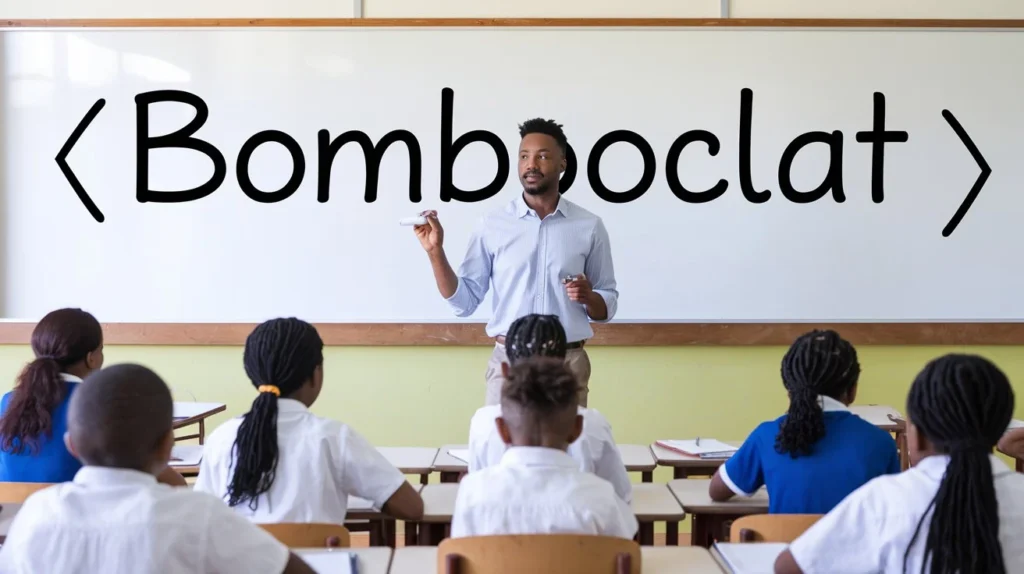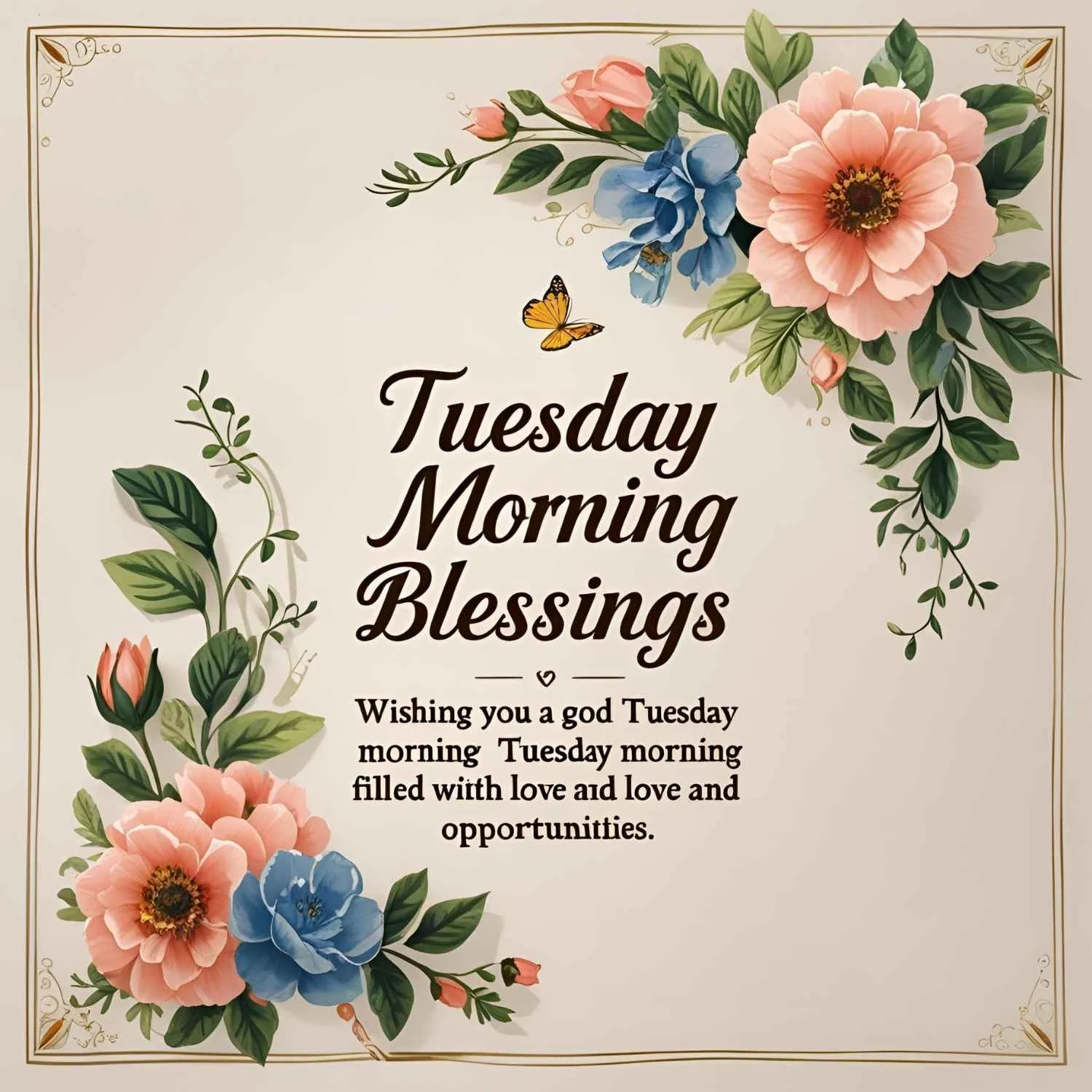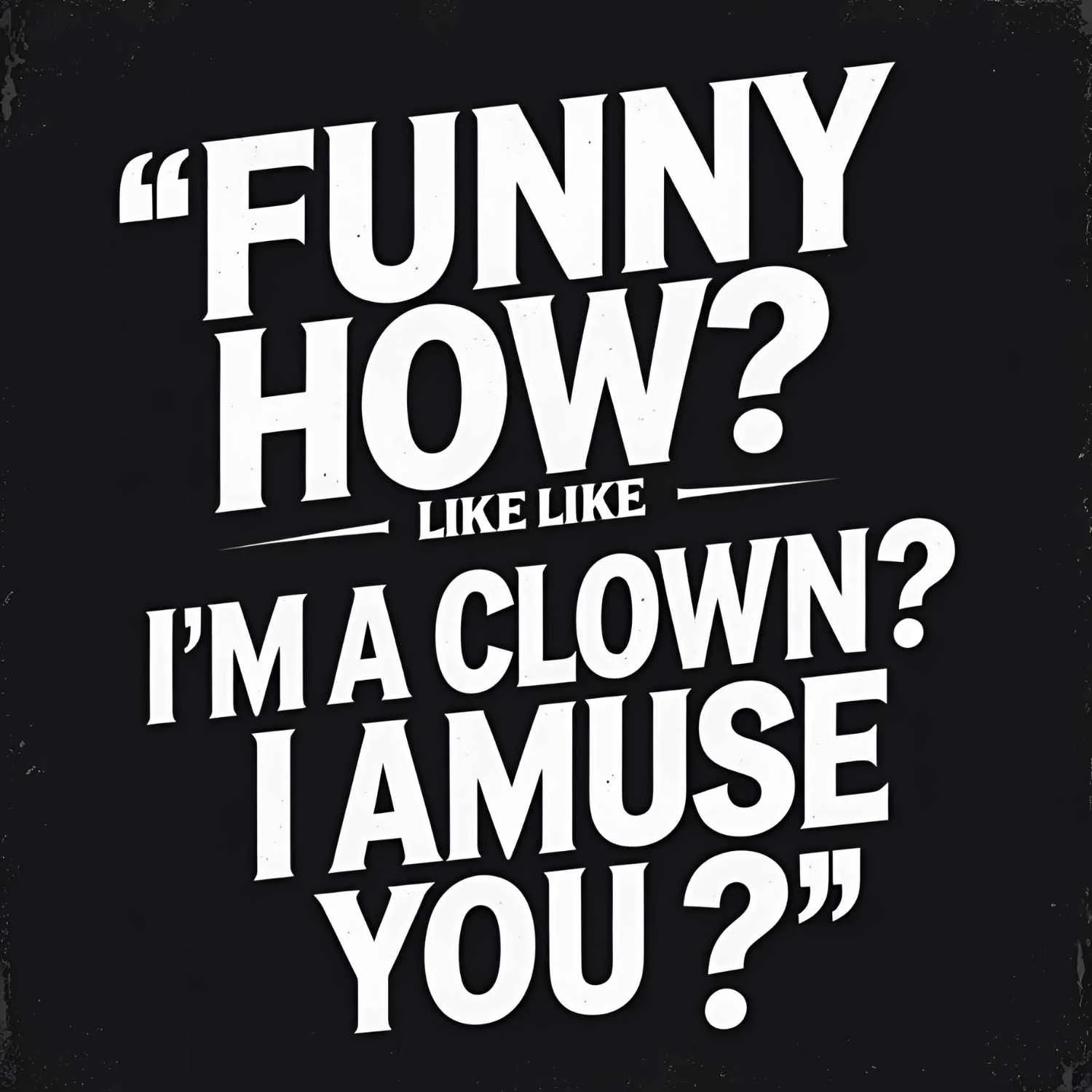Language evolves constantly, and every few years, certain words, phrases, or expressions enter the cultural zeitgeist in ways that surprise even the most seasoned linguists.
One such word that has taken the digital world by storm—especially across Twitter, TikTok, and meme culture—is “bomboclat.” If you’ve stumbled upon this term and wondered, “What does bomboclat even mean?”, you’re not alone.
It’s a complex term with Caribbean roots, a unique history, and modern usage that has evolved far beyond its origins.
In this deep dive, we’ll uncover:
- The true meaning and origin of bomboclat
- Its contemporary internet usage
- Alternatives and polite expressions
- Cultural sensitivity concerns
- How to use it appropriately (or avoid it)
- 10 vivid examples for practical application
- And synonyms and phrases that can serve as replacements—formal, polite, humorous, or casual
Let’s get into it.
🔍 What Does Bomboclat Mean?

“Bomboclat” (also spelled bumbaclot, bumboclaat, or bombaclaat) is a Jamaican Patois expletive. In its original context, it’s considered vulgar and offensive, often used to express anger, shock, or frustration.
⚠️ Important Note: In Jamaica, this is a very serious curse word and is not used lightly. It derives from a compound of two words—“bumbo” (referring to the buttocks or vulva) and “claat” (cloth), essentially referring to menstrual rags or toilet paper.
Over time, it evolved from its literal meaning into a general expletive, used much like someone might say “damn” or “what the hell” in English. It can be used to:
- Curse
- Express surprise
- Emphasize emotion
- Add intensity to a statement
🌍 Bomboclat in 2025: How It’s Being Used Online Today
In 2025, bomboclat has been almost completely recontextualized on the internet. While its offensive origins are still very real, social media users—especially those outside the Caribbean—use it as a meme captioning tool or a punchline reaction.
In the current online scene, bomboclat serves more as a meme starter. Here’s how:
- A user posts a photo or video, captions it with “bomboclat:” and others reply by captioning the image or video with what they think best matches it.
- It’s become a participatory format, similar to “say it louder for the people in the back” or “this you?”
Despite its popularity, cultural appropriation concerns have emerged. Jamaican and Caribbean voices online continue to stress the importance of understanding the word’s cultural weight before casually throwing it around.
🧠 Deep Linguistic Breakdown
- Language: Jamaican Patois (a Creole language formed from English and West African languages)
- Etymology:
- Bumbo: Vulgar reference to private parts
- Claat or clot: Cloth (British origin)
- Function: Expletive or intensifier
- Grammar Use: Often a standalone reaction or inserted into a sentence for emphasis
“Bomboclat, yuh mad?” = “Are you crazy?!”
⚠️ Why Bomboclat Is Controversial
While it may be tempting to use this term online because it sounds funny or because it’s trending, you should proceed with cultural and social awareness.
- Inappropriate in formal or mixed company
- Considered taboo in Jamaican culture
- May cause offense if used without understanding its meaning
If you’re not of Caribbean descent, using this word without context or understanding can come across as disrespectful, or worse, culturally appropriative.
✅ When to Use – And When to Avoid
| Situation | Use It? | Reason |
|---|---|---|
| In a meme or internet joke | Maybe | If done respectfully & with awareness |
| In professional communication | Never | It’s a profanity |
| Around Caribbean elders | Avoid | Offensive and culturally inappropriate |
| Among close Caribbean friends | Depends | Context-sensitive; some may accept it |
| In academic or public writing | Never | Vulgar; not suitable |
💬 Polite, Casual, and Creative Alternatives
If you’re trying to express shock, emotion, or intensity without offending, try these safe, witty, or formal alternatives:
🔹 1. “What in the world?!”
A mild but expressive reaction, ideal for surprise or confusion.
“What in the world is this outfit?! 😂”
🔹 2. “Excuse me?!”
Perfect when you’re trying to express disbelief without sounding rude.
“Excuse me?! Did you just say pineapple on pizza is superior?”
🔹 3. “I beg your pardon?”
Slightly formal but excellent for highlighting offense or confusion.
“I beg your pardon? You think Mondays are better than Fridays?”
🔹 4. “Seriously?”
Short, punchy, and widely applicable.
“Seriously? You forgot my birthday again?”
🔹 5. “You can’t be serious!”
A good replacement for shocked or exaggerated reactions.
“You can’t be serious with that price tag.”
🔹 6. “Say what now?”
Playful, casual, and widely understood.
“Say what now? You’re quitting your job to become a wizard?”
🔹 7. “What just happened?”
Use it when reacting to confusing or dramatic moments.
“What just happened in that episode?!”
🔹 8. “Are you for real?”
Strongly expressive, commonly used to highlight disbelief.
“Are you for real right now?”
🔹 9. “Good grief!”
Old-school but still effective and polite.
“Good grief, the queue is three hours long!”
🔹 10. “Oh my days!”
A British-influenced expression, now popular globally. Less offensive than most.
“Oh my days, that twist was insane!”
📚 Cultural Impact & Usage Evolution
Since its viral explosion in late 2019 and into the early 2020s, bomboclat became a meme machine. But in 2025, younger generations—especially Gen Alpha—have begun distancing from its offensive roots by spinning new slang inspired by it:
- “Bombz” – A cleaner alternative
- “Bombo-blast” – Used playfully for meme reactions
- “Clatty” – Refers to messiness, now popular in online drag culture
Still, the original term is often frowned upon in real-life conversations outside meme culture.
🧩 Why Understanding Context Is Crucial
Words carry histories, and using slang like bomboclat without understanding the weight of its origin can cause harm—intended or not.
Before using any word with regional or cultural roots, especially one that’s vulgar or profane, ask yourself:
- “Do I understand where this word comes from?”
- “Could this be seen as offensive if I use it?”
- “Is there a better, safer way to say what I’m trying to say?”
✍️ Final Thoughts
Bomboclat isn’t just another random internet word—it’s a powerful term rooted in Caribbean language and culture. Though it has morphed into a social media trend, its offensive undertones remain, and it’s best to use with extreme caution or not at all, especially outside of its native context.
Instead, choose from the many creative, expressive, and polite alternatives that can communicate your tone without risking disrespect or cultural insensitivity.
Language is like a mirror—it reflects not only who we are but also how we treat the voices that shaped the words we speak.





